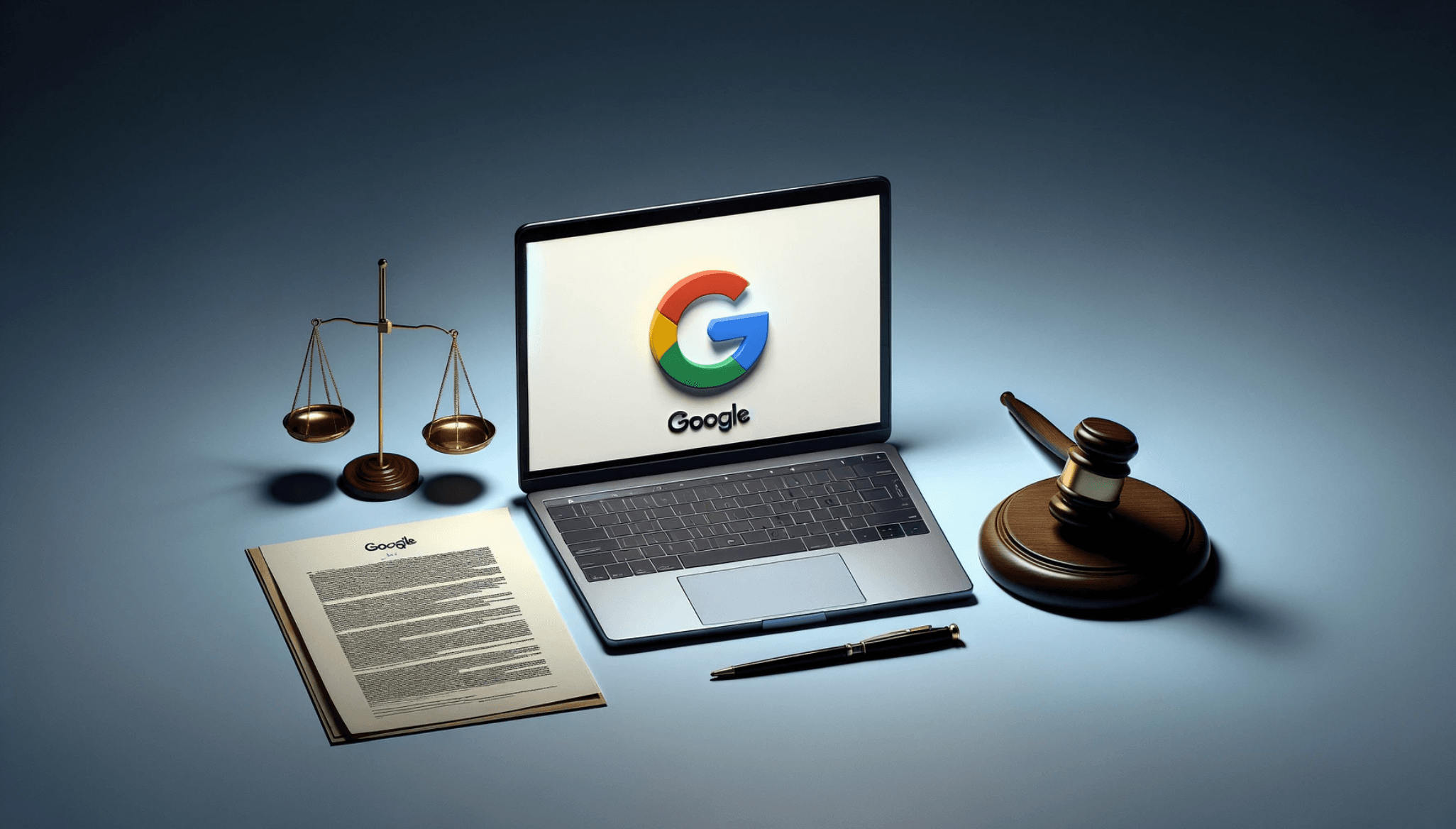
Google's Privacy Pivot: Billions of Incognito Browsing Records to Be Deleted
Tech | Encripti
Apr 04, 2024
In a landmark privacy lawsuit settlement, Google commits to erasing vast amounts of user browsing data collected in incognito mode, setting new standards for online privacy.
In a groundbreaking legal agreement, Google has consented to eliminate billions of data logs that chronicle users' internet explorations, responding to accusations that it clandestinely monitored their browsing habits in Chrome's incognito mode. This move, stemming from a class action lawsuit initiated in 2020, challenges the notion of digital privacy and transparency, placing Google at the forefront of a significant privacy overhaul.
The Catalyst: A Landmark Privacy Lawsuit
The lawsuit in question accused Google of deceptive practices by tracking user activity even when they believed their browsing in incognito mode remained private. In a decisive turn of events in late December 2023, Google agreed to a settlement, now awaiting the endorsement of U.S. District Judge Yvonne Gonzalez Rogers. This settlement promises widespread relief by purging extensive browsing data logs, including billions of event-level data records, hence addressing the concerns raised by class members about their private browsing activities.
Inside the Data Purge: Safeguarding User Privacy
As part of its commitment to user privacy, Google will undertake significant data remediation efforts. This includes anonymizing browsing data by redacting identifiable information such as IP addresses, generalizing user-agent strings, and removing detailed URLs, thus retaining only domain-level information. Moreover, Google will remove the X-Client-Data header, a Chrome feature potentially unique enough to track individual users, enhancing privacy for incognito mode users.
The Ripple Effects of Google's Settlement
This settlement not only reinforces Google's dedication to user privacy but also impacts cybersecurity measures and ethical practices within the tech giant. By agreeing to block third-party cookies in incognito mode for the next five years—a change already implemented—Google sets a new privacy standard. Additionally, Google's initiative to clarify the limitations of incognito mode aims to rectify misconceptions and foster an environment of transparency and trust.
Google's Ongoing Efforts in Enhancing Digital Security
Beyond the settlement, Google continues to bolster digital security and privacy through measures like automatic blocking of suspicious bulk email senders, in line with its new Email sender guidelines. These efforts underscore Google's commitment to reducing spam and phishing attacks, safeguarding user data, and enhancing overall digital security.
Conclusion: Embracing a New Era of Privacy and Trust Online
Google's agreement to delete billions of browsing records as part of a privacy lawsuit settlement signifies a pivotal moment in the ongoing dialogue about digital privacy and transparency. By taking concrete steps to protect user data and clarify its data collection practices, Google not only addresses the lawsuit's concerns but also paves the way for a future where user trust and privacy are paramount. As we look ahead, the implications of this settlement may well shape the trajectory of online privacy, compelling the tech industry at large to prioritize user rights and transparency.
FAQs: Unpacking Google's Privacy Lawsuit Settlement
What does the settlement mean for Chrome users?
It marks a significant stride towards enhanced privacy, promising the deletion of extensive browsing records and improved transparency about data collection practices.
How does Google plan to enhance Incognito Mode's privacy?
By eliminating identifiable browsing data, blocking third-party cookies, and clarifying the mode's limitations to users.
What are Google's long-term privacy goals?
Google aims to foster a more secure and private online environment, evidenced by its ongoing efforts to eliminate tracking cookies and enhance user control over their data.
How will this settlement influence the tech industry's approach to privacy?
It sets a precedent for transparency and user-centric privacy practices, potentially influencing broader industry standards.